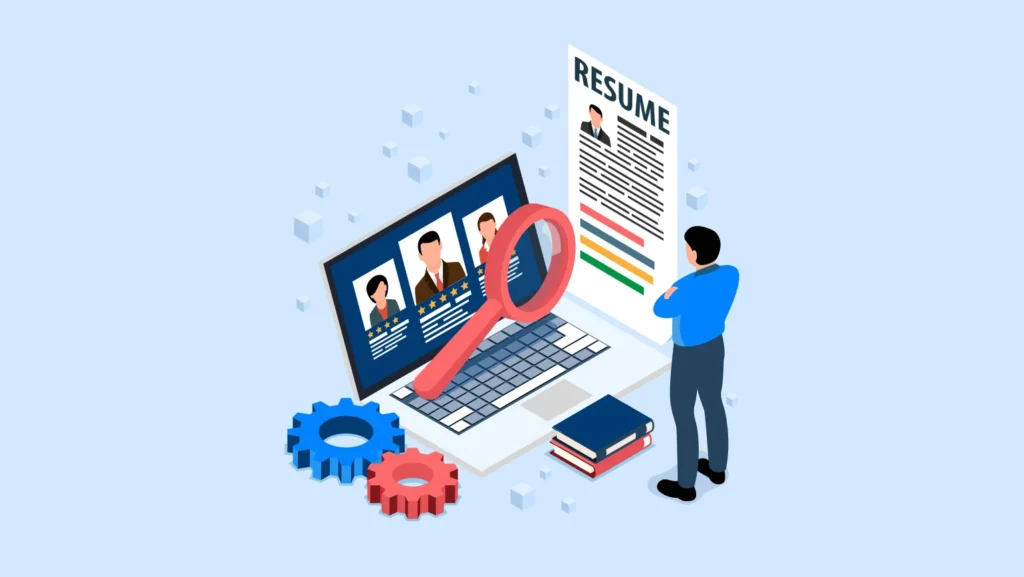The UAE’s employment environment has changed noticeably in recent years as the country continues to adapt to global business standards and the expectations of a modern workforce. Companies across the Emirates now operate in a landscape shaped by updated labour regulations, new workplace norms, and a stronger focus on clarity in employer-employee relationships. For both businesses and workers, understanding these developments is essential for maintaining a smooth and reliable working environment.
Employment law in the UAE has traditionally offered structure and guidance, but the pace of reform has increased as the country moves toward a more diversified, knowledge-driven economy. This shift has led to clearer rules, stronger protections, and more predictable processes, all designed to support both local and international talent.
Key Principles in UAE Employment Regulations
At the core of the UAE’s labour framework is a focus on transparency and fairness. Employment contracts remain central, and every worker must have a written agreement that outlines terms such as working hours, salary, duties, and notice periods. These contracts help prevent misunderstandings and give employees and employers a shared foundation for their working relationship.

Working hours, overtime, and leave entitlements are defined clearly under UAE law. Standard working hours generally follow a set structure, with allowances for different industries and roles. Overtime rules apply when employees work beyond these limits, and the law provides guidance on compensation. Annual leave, public holidays, sick leave, and maternity and paternity arrangements are also regulated, giving employees predictable rights and employers a reliable framework for scheduling and planning.
Modern Contract Types for a Changing Market
Recent reforms introduced updated contract structures to reflect the needs of today’s workplace. All private sector employees now use fixed-term contracts, which can be renewed as needed. This change provides clarity for both parties and encourages long-term planning while still allowing flexibility.

The introduction of part-time, temporary, and flexible working arrangements also supports the UAE’s modernisation efforts. These options allow companies to respond to changing workloads and give employees more choice in the way they structure their careers. The growing acceptance of remote work, especially after global shifts in working habits, has encouraged many businesses to revisit their internal policies while staying aligned with legal requirements.
Workplace Conduct, Equality, and Anti-Discrimination
The UAE has strengthened its position on equality and workplace conduct. Measures now address discrimination based on gender, race, religion, and disability. These steps support a more inclusive working culture and help companies build environments where employees from diverse backgrounds feel respected and valued.
Rules on harassment and bullying have also been clarified. Employers are expected to take complaints seriously and put internal procedures in place to manage issues as they arise. This clearer direction encourages safer and more professional workplaces, reducing risks for both employees and management. This is one of the many reasons why professional lawyers in Sharjah are in high demand.
End-of-Service Benefits and Employee Rights
End-of-service benefits remain an important part of UAE labour law and apply to most private sector workers. These benefits provide financial support at the end of a working relationship and are calculated according to length of service and salary. Understanding these calculations is important for businesses managing payroll and for employees planning future commitments.
Termination procedures are another area where clarity is essential. The law outlines acceptable reasons for ending employment and the notice periods required. When handled correctly, these rules protect both sides and reduce the likelihood of disputes. The introduction of clearer dispute-resolution channels has also helped employees and employers resolve concerns more efficiently.
Work Permits, Visas, and Recruitment Practices
Because the UAE has a globally diverse workforce, employment law works closely with visa and residency systems. Employers play a central role in the visa process, from initial sponsorship to renewals and cancellations. Understanding these responsibilities is vital for compliance and helps businesses avoid unnecessary delays or administrative issues.
Recruitment rules also support fairness and transparency. Employers must follow guidelines when advertising positions, conducting interviews, and issuing offers. These rules help maintain consistency and protect candidates during the hiring process.
The Growing Influence of Technology in Workplace Compliance
Digitalisation continues to influence employment regulation in the UAE. Many processes, such as contract registration, visa applications, and wage protection submissions, now take place through online platforms. This shift reduces paperwork and improves accuracy, allowing businesses to manage compliance more efficiently.
The Wage Protection System (WPS) is a key example of digital compliance, requiring employers to pay salaries through approved channels. This system helps monitor wage payments and supports fair treatment across the private sector.
Navigating the Modern UAE Workplace with Confidence
Understanding UAE employment law is essential for anyone operating in today’s workplace. As the country continues to modernise its labour framework, employees and employers benefit from greater clarity, stronger protections, and more predictable processes. Whether managing a team or starting a new job, staying informed about these regulations helps build positive working environments and supports long-term success in a rapidly evolving market.
Do follow UAE Stories on Instagram
Read Next – Dubai Ports Authority Conference Boosts Maritime Cooperation














